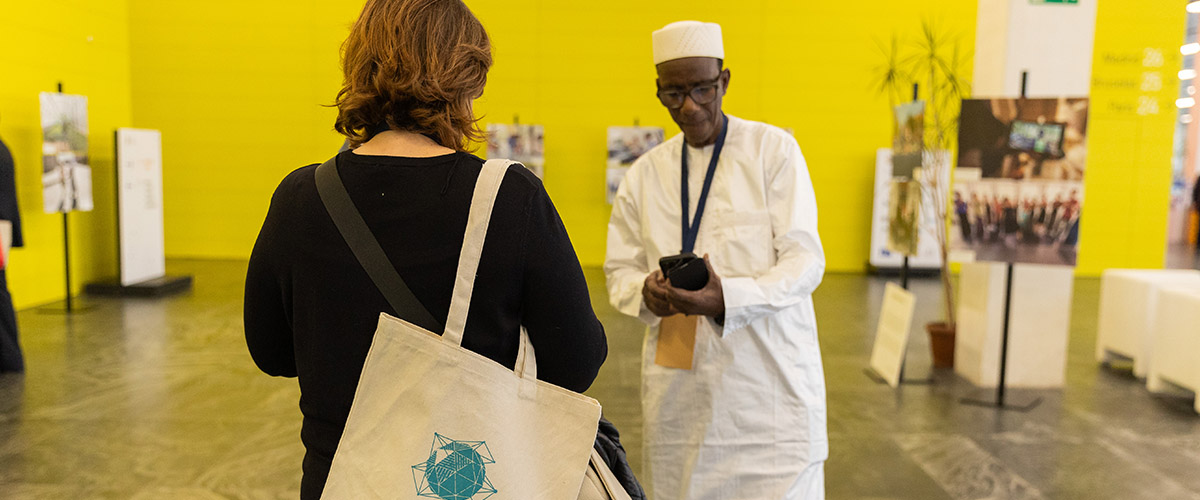President Maiga speaks at the UN consultation on internally displaced persons

On June 5, the president of the Association of Regions of Mali and president of the Mopti Regional Council, Abdoulaye Maïga, participated in the consultation organized by the United Nations Special Rapporteur on the human rights of internally displaced persons (IDPs), representing ORU Fogar. The session, co-organized by the Global Taskforce of Local and Regional Governments (GTF), focused on the contributions of subnational governments in responding to the growing humanitarian crisis of forced displacement.
During his intervention, President Maïga emphasized that the Malian state, with support from the United Nations system and other humanitarian actors, is already providing assistance to displaced persons. According to official data, the country currently records more than 14,000 IDPs.
However, Maïga was emphatic in highlighting that regions and territorial collectivities are fundamental actors in this response. “Regional authorities are on the front lines. They know the terrain, the communities, and their needs. Their role must be recognized and strengthened,” he stated. He cited as an example the involvement of regions in providing basic services, in collaboration with NGOs and international agencies, despite limited capacities.
He identified the main challenges: access to education, availability of drinking water, lack of infrastructure, the economic impact of displacement, and the difficulty of integrating IDPs, especially in contexts of social fragility. He noted urgent improvements are required in areas such as reconciliation, food security, territorial governance, and effective coordination between humanitarian services and regional and local governments.
Maïga also highlighted international cooperation initiatives, such as programs supported by Swiss cooperation and financing mechanisms promoted by NGOs. Nonetheless, he insisted that “on the ground, capacities exist, but there is a lack of true coordination and support to turn them into effective responses. Regions cannot continue to be peripheral actors in this crisis.”
President Maïga’s participation reaffirms ORU Fogar’s commitment to promoting the role of intermediate governments in international forums, especially in protecting human rights and addressing humanitarian crises from the territory.










































































